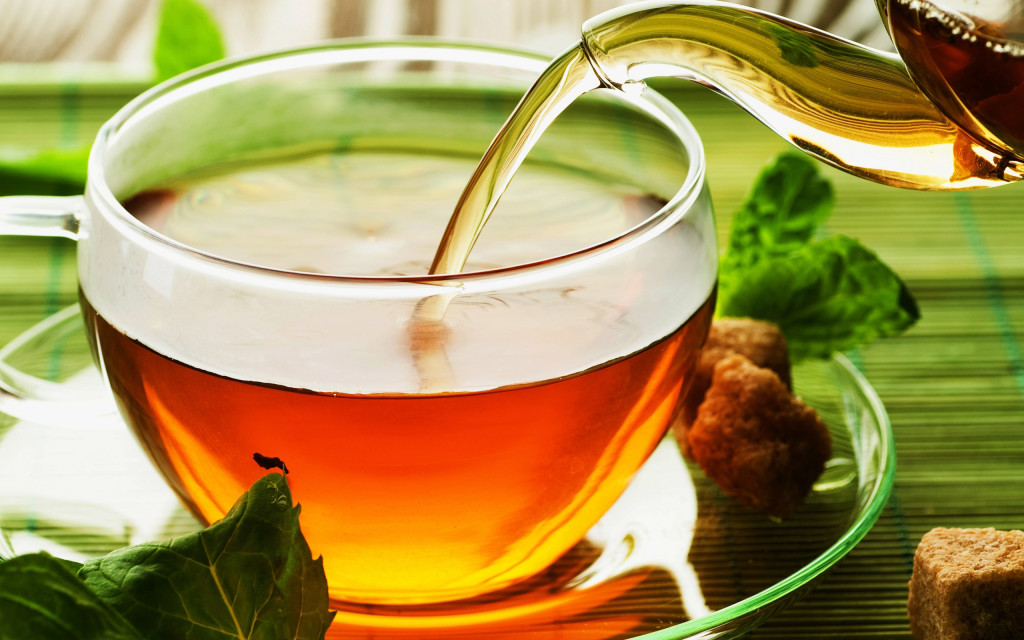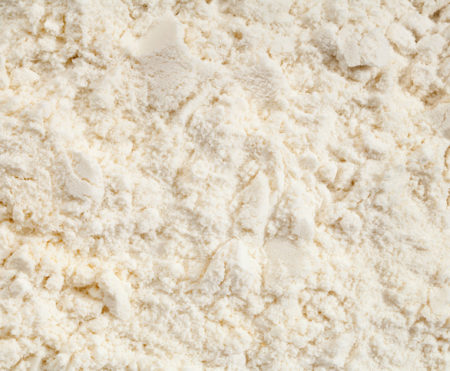
Everyone loves a good cuppa – but many Brits aren’t familiar with just how good for you tea can be. They’re really ‘healthtea’, sorry, we couldn’t resist.
WARNING! There’s lots of studies.
Here’s what the Tea Advisory Panel (TAP) had to say…
Obtaining your fluoride
A study released in 2013 stated that the current levels of tea consumption contain a level of fluoride that exceeded our daily safe limits. This however, has now been quashed.
Independent health nutritionist Dr Carrie Ruxton said: “Current tea intakes do not provide enough fluoride to meet the Recommended Daily Amount (RDA) for this mineral, and the potential dental health benefits of fluoride cannot be accessed unless tea consumption increases to 3-4 servings/day from the current intake of 1-2 servings a day”
So if anything, we should be drinking more tea!
40% reduction in mortality
The American Journal of Nutrition has stated that two cups of day is associated with a 40% reduction in risk of mortality. The study was taken from 1063 randomly selected women aged over 75 years.
Dr Catherine Hood from Tap said: “Tea is a major source of flavonoid compounds in the British and indeed the Australian diet where this research data was undertaken. Higher intakes of specific flavonoids and flavonoid-rich drinks (e.g., tea), flavonoid-rich foods (e.g., fruit, vegetables and chocolate) have been linked to reduced mortality from specific vascular diseases and cancers.”
May prevent type 2 diabetes
Polyphenols that are found in black tea may actually help prevent type two diabetes, according to two separate studies say TAP.
Dr Catherine Hood said: “Acarabose is a medicine approved for the management of type 2 diabetes, which is a an alpha-glucosidase inhibitor. In the first study from the US, the potential of a black tea extract to inhibit these enzymes was studied.”
These studies showed that the extracts all had significant activity in a positive way!
Dr Hood added: “In the second study from Japanese researchers, a freeze dried powder extract of black tea leaves was found to inhibit the degradation of carbohydrates by alpha-glucosidase with a weaker but still positive effect on alpha-amylase”
Tea improves brain function
Both black and green tea are linked with improved cognitive function, according to a new study.
Commenting on the new research, Dr Tim Bond from the TAP said: “Tea has been associated with many mental health benefits such as improved mental attention, clarity of mind and relaxation. These features can be measured in terms of brain activity using an electroencephalogram (EEG). In this study, an EEG was used to measure brain activity following black and green consumption.
“Healthy volunteers participated in this study and were given a drink of black or green tea. Three types of brain wave activities – alpha, beta and theta were all found to increase within one hour of drinking a cup of black or green tea.
“There was a highly significant increase in theta waves within 30 minutes to one hour of drinking green tea suggesting that green tea in particular has an important effect on cognitive function. Recent studies have demonstrated an association between increased theta activity and improved cognitive performance (verbal memory, attention, and executive function).






